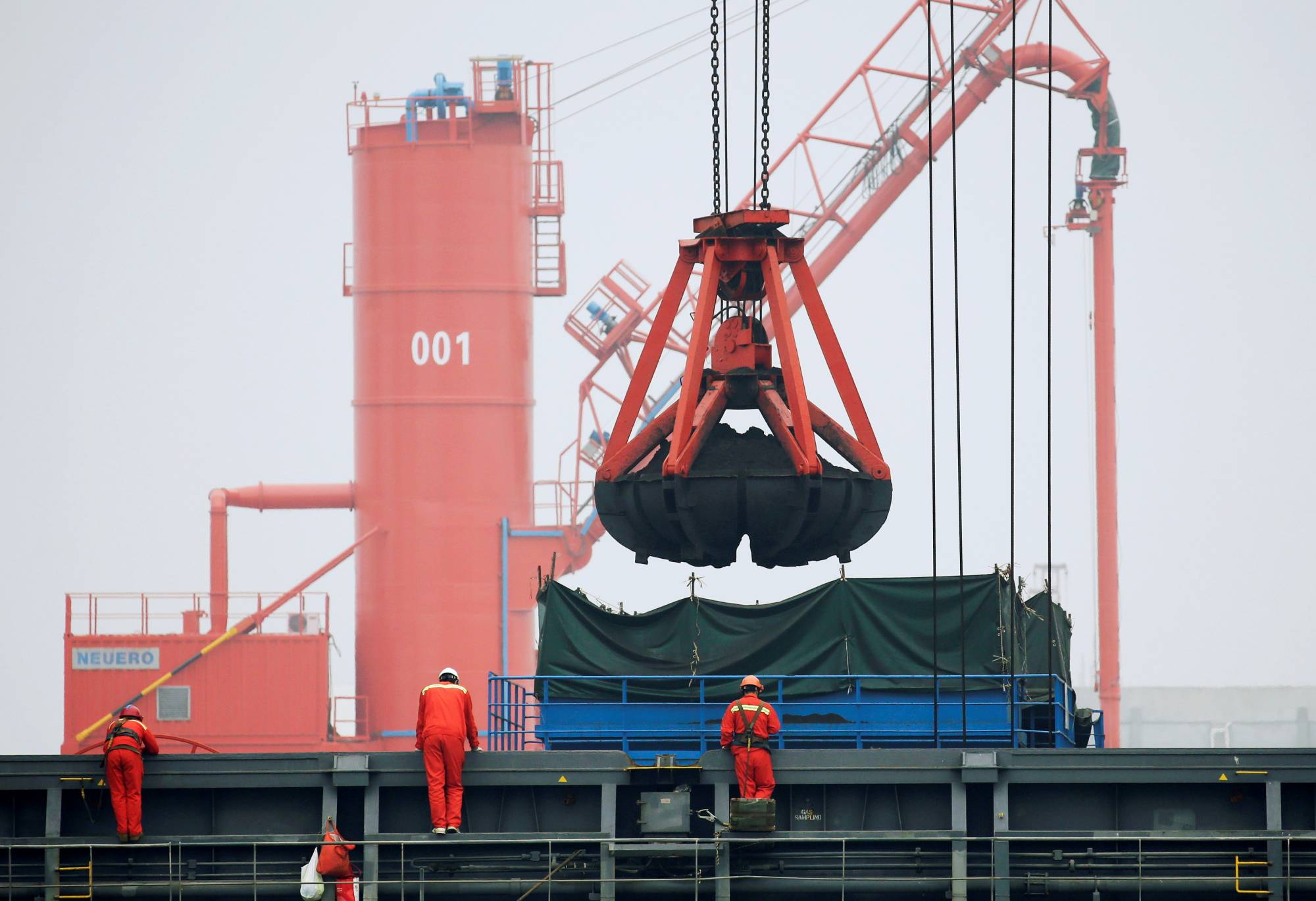A last minute demand by China and India, the world’s No. 1 and No. 3 emitters of carbon dioxide, to phase down — rather than phase out — coal, provided a dramatic finish to last week’s United Nations’ COP26 climate change conference in Glasgow, Scotland.
Japan, the world’s fifth largest emitter of carbon dioxide, will also continue to rely on coal. For Asia's major economies and main polluters, promises to further reduce emissions by phasing out coal run straight into domestic political roadblocks and social realities that may result in equally tense negotiations at next year’s COP27 summit in Egypt.
All three countries signed the 2015 Paris Agreement, which committed nations to cap global warming at 2 degrees, and ideally under 1.5 degrees, above pre-industrial levels. To reach that goal, the world needs to achieve carbon neutrality by mid-century and roughly halve emissions by 2030. Many countries have agreed to phase out coal, which the United Nations has called for, in order to reach that goal.


















With your current subscription plan you can comment on stories. However, before writing your first comment, please create a display name in the Profile section of your subscriber account page.